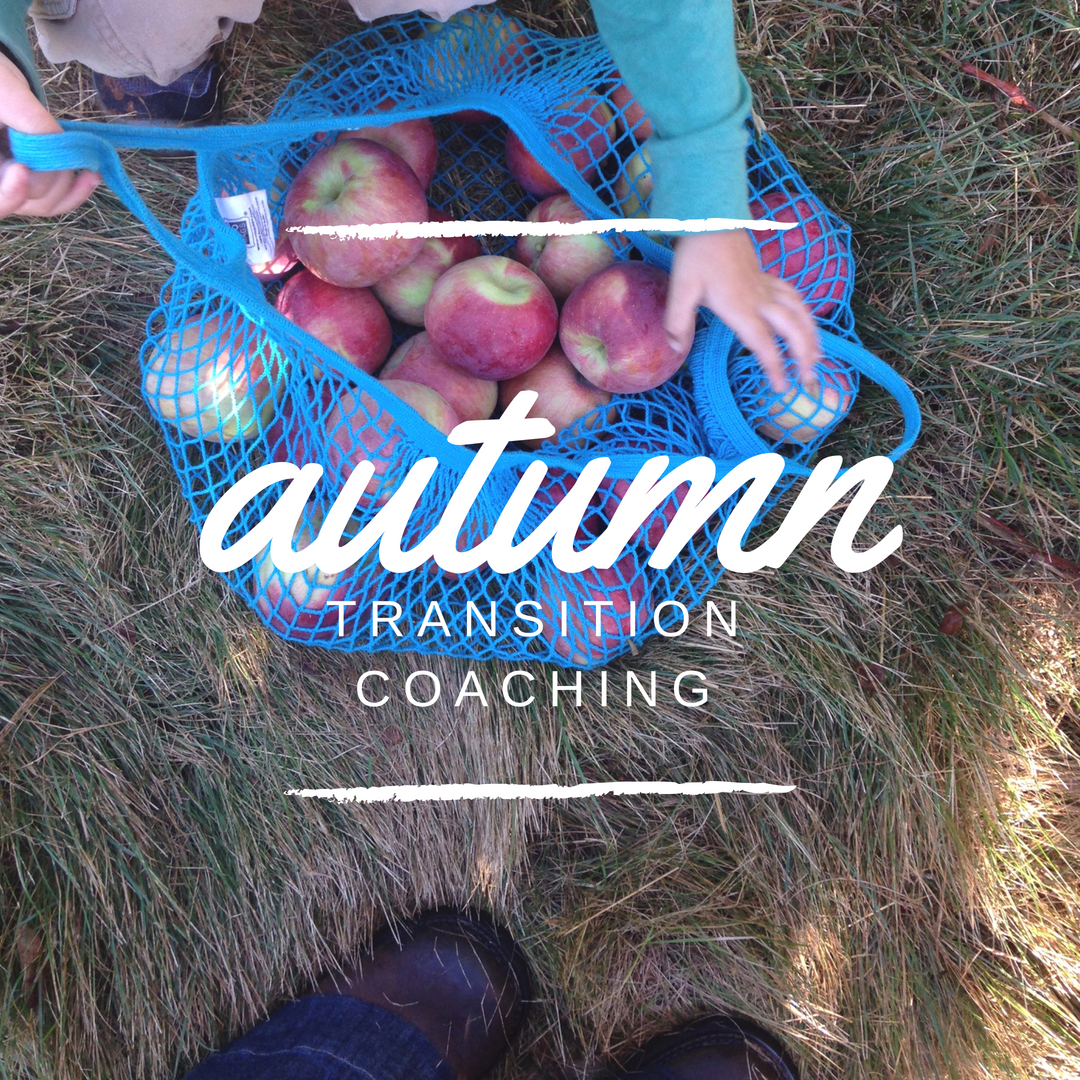Below is an entry from my grad school journal 2 years ago. The questions/practices posed to us were about play and how play relates to wellbeing. How do you incorporate play into your life?
“ Nature teaches us how the world works. Imagination teaches us how to dream. Play teaches us how to make our dreams come true”- Sarah Olmsted, Imagine Childhood.
This morning my 4-year-old son and I went to “see what we could see”. That is what we say when we go into the woods. We regularly spend time playing outdoors. I have found, and research supports, that spending time outside encourages more vigorous activity in the mind and body, and creates better emotional health for children (Larouche et al. 2013). It makes me feel good too.
Today Lian and I are alone, which is unusual. He is chattering along about all sorts of things. He reminds me that we were going to make our way to the little park in the woods. When we arrive at the playground he sits with me on the bench and we notice a long line of ants. Lian had just asked if we were giants, and we decide that we are to the ants. We talked about what kind of giants we are, and if the ants even notice us. Lian tests this by trying to block them. We wonder where they are going. We follow them and find both their home and the worm they are cleaning up. We make up stories about the different ants, and what they are saying to each other. Lian makes me laugh because he is happy. He thinks this is funny, so he laughs. Then we are both laughing at each other laughing.
Upon reflection, our game with the ants addresses each of the (10) benefits of play (Snow, n.d.). We encouraged (1) flexibility of mind when we permitted ourselves to use the playground for something other than the intended use of climbing and swinging. We (2)took ourselves less seriously when imagining we were giants. We (3)expressed emotions like excitement, and in imagining how the ants would feel if we hurt them, or something large hurt us. We (4) practiced humility in our wonder. We (5) connected to each other, and our environment. We used (6) problem-solving skills to locate the source of the ants. Our exploration of the relationship between us and the ants was a (7) vehicle of self-discovery and creativity. It (8) felt good to be together and sharing something sort of secret, that no one else may have noticed that day. We also laughed. We were definitely (9) interacting with nature and (10) fostering imagination and new ideas. Children with more unstructured time benefit with greater self- control and cognitive functioning (Barker et al. 2014). Both were required for and supported by our play.
I believe that the intention and story we tell ourselves is more important to play than the phenomena. Later in the day, I carved pumpkins with my children. Normally, this is very celebratory and playful. I was feeling pressure from the impending rain, I was tired, and I had unfinished school work on my mind. These feelings told me I didn’t have enough time to play and celebrate the pumpkin carving. I had to keep calling myself back to the moment.
Later I explored this idea of intention and story vs phenomenon in play. My own attitude and conditioning are more important than the phenomenon. Though much of the research on play and nature has related to children, it is reasonable to expect similar benefits for adults given what we know about the negative effects of stress and value of neuroplasticity. A child becomes an adult in a short time. The effects of play are carried with us. If I was not curious about the ants at the park, thought it was valuable to explore, or felt we didn’t have time, we never would have played the game.
Referrences
Barker, J., Semenov,A., Michaelson, L., Provan, L., Snyder, H., Munakata, Y.. (2014). Less-structured time in children’s daily lives predicts self-directed executive functioning. Front Psychol. 2014;5:593. doi: 10.3389/fpsyg.2014.00593
Larouche, R., Garriguet, D., Gunnell, K., Goldfield, G., Tremblay, M.. (2016). Outdoor time, physical activity, sedentary time, and health indicators at ages 7 to 14: 2012/2013 Canadian Health Measures Survey. Health Reports, Vol. 27, no. 9, pp. 3-13.
Olmsted, S.. ( 2012). Imagine childhood: Exploring the world through nature, imagination and play. Boston, Massachusetts: Roast Books.
Snow,R. (n.d.) Health positive practices: Play and recreation.[PowerPoint slides]. Retrieved from http://coursecontent.muih.edu/ISCI%20632B/ISCI%20632b%20M1%20Play%20and%20Recreation%20SU16/




